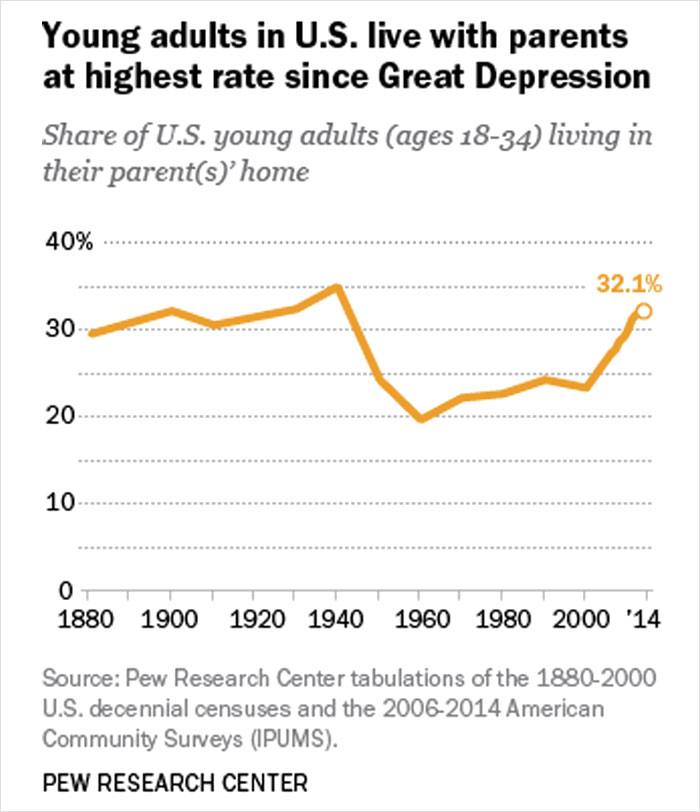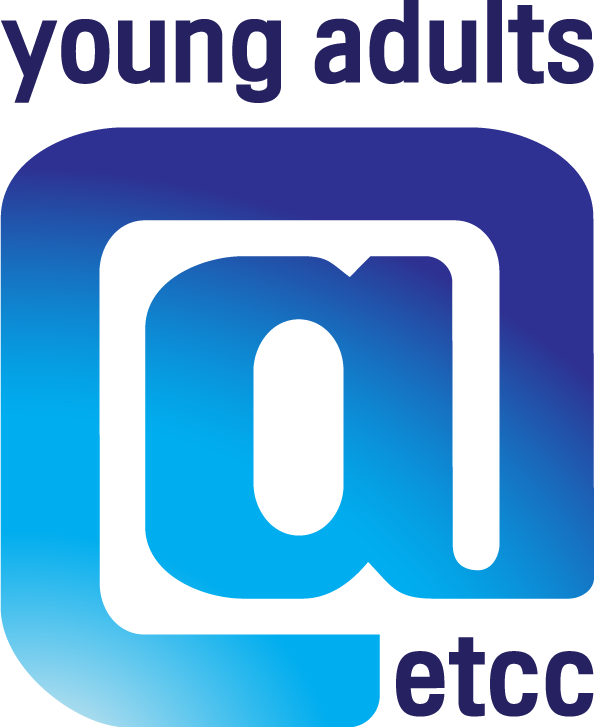What Age Is Young Adults? Understanding The Transition Phase Of Life
Hey there, curious mind! If you're wondering "what age is young adults," you've landed in the right place. This term often gets tossed around, but what does it really mean? The classification of young adults isn’t just about age; it’s about the unique phase of life where individuals start forging their own paths. Whether it's about career decisions, personal growth, or even navigating relationships, this period shapes the rest of their lives. So, let's dive in and unravel the mystery behind this fascinating stage of life.
Understanding the age range of young adults is essential, especially for parents, educators, and policymakers. It helps tailor programs and resources to meet the specific needs of this demographic. Young adulthood is more than just a number; it’s a time of exploration, self-discovery, and responsibility. We’ll explore all the nuances that make this phase so intriguing.
But first, let’s establish some context. The term "young adult" isn’t just a buzzword; it carries significant implications for societal development. From mental health to career planning, understanding this age group can lead to better support systems. So, whether you’re a young adult yourself or someone who cares about them, this article will provide valuable insights.
Defining Young Adults: What Age Does It Encompass?
Alright, let’s get straight to the point. The age range for young adults typically spans from 18 to 24 years old, according to most psychological and sociological studies. However, some experts extend this range up to 29 years, depending on cultural and societal factors. This period is marked by significant transitions, both personally and professionally. It’s the time when individuals begin to take on adult responsibilities but still enjoy some of the freedoms of adolescence.
Here’s a quick breakdown:
- 18-21 years: This is often the age when individuals start college or enter the workforce. It’s a time of exploring interests and building foundational skills.
- 22-24 years: Many people in this age bracket are settling into careers or continuing their education. Independence becomes more pronounced during these years.
- 25-29 years: While still considered young adults by some, this age group often starts focusing on long-term goals like buying a home or starting a family.
Keep in mind that these age ranges are not set in stone. Cultural, economic, and personal factors can influence when someone fully transitions into adulthood. For instance, in some cultures, young adults may take on family responsibilities much earlier than their peers in other parts of the world.
The Psychological Perspective: What Defines Young Adulthood?
From a psychological standpoint, young adulthood is characterized by identity formation and self-discovery. It’s a time when individuals start questioning who they are and what they want from life. Psychologist Erik Erikson famously described this stage as the "Identity vs. Role Confusion" phase. During this period, young adults explore different roles and identities before settling into a stable sense of self.
This phase is also marked by:
- Emotional development: Learning to manage emotions and relationships becomes crucial.
- Career exploration: Many young adults experiment with different jobs or fields to find their passion.
- Independence: Moving out of the family home and managing finances independently are common milestones.
It’s important to note that not all young adults progress through these stages at the same pace. Some may face challenges that delay their transition into full adulthood, such as financial difficulties or mental health issues. Understanding these variations is key to providing appropriate support.
Young Adults in the Modern World: Challenges and Opportunities
Now, let’s talk about the modern context. What does it mean to be a young adult in today’s fast-paced world? With the rise of technology and globalization, young adults face a unique set of challenges and opportunities. On one hand, they have access to more information and resources than ever before. On the other hand, they must navigate issues like student debt, job market competition, and social media pressure.
The Impact of Technology
Technology plays a huge role in the lives of young adults. Social media platforms like Instagram and TikTok have become central to how they communicate and express themselves. While these tools can foster connection and creativity, they also bring challenges like cyberbullying and comparison culture.
Economic Realities
Economically, young adults face a tough job market and rising living costs. Many are burdened with student loans and struggle to find stable, well-paying jobs. This financial pressure can delay major life milestones like buying a home or starting a family.
Young Adults and Mental Health: Breaking the Stigma
Mental health is a critical issue for young adults. This age group often experiences high levels of stress, anxiety, and depression. Factors like academic pressure, job insecurity, and social expectations contribute to these challenges. However, there’s also a growing awareness and willingness to seek help.
Here are some key statistics:
- Approximately 25% of young adults aged 18-24 experience a mental health disorder each year.
- Only about half of those who need treatment actually receive it.
- Young adults are more likely to use digital tools like therapy apps compared to older generations.
Breaking the stigma around mental health is crucial. By fostering open conversations and providing accessible resources, we can support young adults in managing their mental well-being.
Cultural Differences in Defining Young Adulthood
Culture significantly influences how young adulthood is perceived. In some societies, the transition to adulthood is marked by specific rites of passage, such as a quinceañera or bar mitzvah. In others, it’s more gradual and tied to milestones like finishing education or getting married.
Western vs. Non-Western Perspectives
In Western cultures, young adulthood is often associated with personal freedom and independence. In contrast, many non-Western cultures emphasize family obligations and community responsibility. For example, in some Asian cultures, young adults may live with their parents longer and prioritize supporting their families over pursuing personal goals.
Young Adults and Education: The Path to Success
Education plays a pivotal role in the lives of young adults. Whether it’s pursuing higher education or entering the workforce, this period sets the foundation for future success. However, the education system isn’t without its challenges.
Higher Education Trends
More young adults than ever are enrolling in college, but the cost of education continues to rise. Student loan debt has become a significant concern, with many graduates struggling to pay off their loans while starting their careers.
Alternative Pathways
Not everyone takes the traditional college route. Many young adults choose vocational training, apprenticeships, or entrepreneurship as alternative paths to success. These options can provide valuable skills and experience without the financial burden of a four-year degree.
The Role of Family and Support Systems
Family and support systems are essential during young adulthood. Whether it’s emotional support, financial assistance, or guidance, having a strong network can make a big difference. Parents, mentors, and friends play crucial roles in helping young adults navigate this challenging phase.
Parenting Young Adults
Parenting young adults requires a delicate balance. While they need independence, they also benefit from guidance and encouragement. Setting boundaries while allowing them to make their own decisions is key to fostering a healthy relationship.
Young Adults in the Workplace: Navigating Career Choices
Entering the workforce is a major milestone for young adults. It’s a time of learning, growth, and sometimes frustration. Many young adults face challenges like job instability, lack of experience, and workplace culture clashes.
Job Market Trends
The job market is constantly evolving, with new industries emerging and traditional roles becoming obsolete. Young adults must adapt to these changes by acquiring relevant skills and staying informed about industry trends.
Young Adults and Relationships: Building Connections
Relationships are a significant part of young adulthood. Whether it’s romantic partnerships, friendships, or professional networks, building meaningful connections is essential. This period is often marked by experimentation and exploration in relationships.
Romantic Relationships
Young adults are more likely to experiment with different types of relationships, including casual dating and long-distance relationships. Social media has also changed the way they form and maintain connections.
Conclusion: Embracing the Journey of Young Adulthood
So, what age is young adults? It’s a range, but more importantly, it’s a phase of life filled with opportunities and challenges. Whether it’s about finding your identity, navigating the job market, or managing mental health, young adulthood is a transformative period. By understanding and supporting this demographic, we can help them thrive.
We’d love to hear your thoughts! If you’re a young adult or someone who works with them, share your experiences in the comments below. And don’t forget to check out our other articles for more insights into life’s fascinating stages.
Table of Contents
- Defining Young Adults: What Age Does It Encompass?
- The Psychological Perspective: What Defines Young Adulthood?
- Young Adults in the Modern World: Challenges and Opportunities
- Young Adults and Mental Health: Breaking the Stigma
- Cultural Differences in Defining Young Adulthood
- Young Adults and Education: The Path to Success
- The Role of Family and Support Systems
- Young Adults in the Workplace: Navigating Career Choices
- Young Adults and Relationships: Building Connections
- Conclusion: Embracing the Journey of Young Adulthood
- Elevator Mansion Luis Freitag Jacob Rott Co Was Du Wissen Musst
- Gaunersprache Rtsel Lsungen Hilfe So Klappts
.png)
Young Adults Survey Bracknell

The Different Ages That Young People Leave Their Home

Young Adults 18 to 30